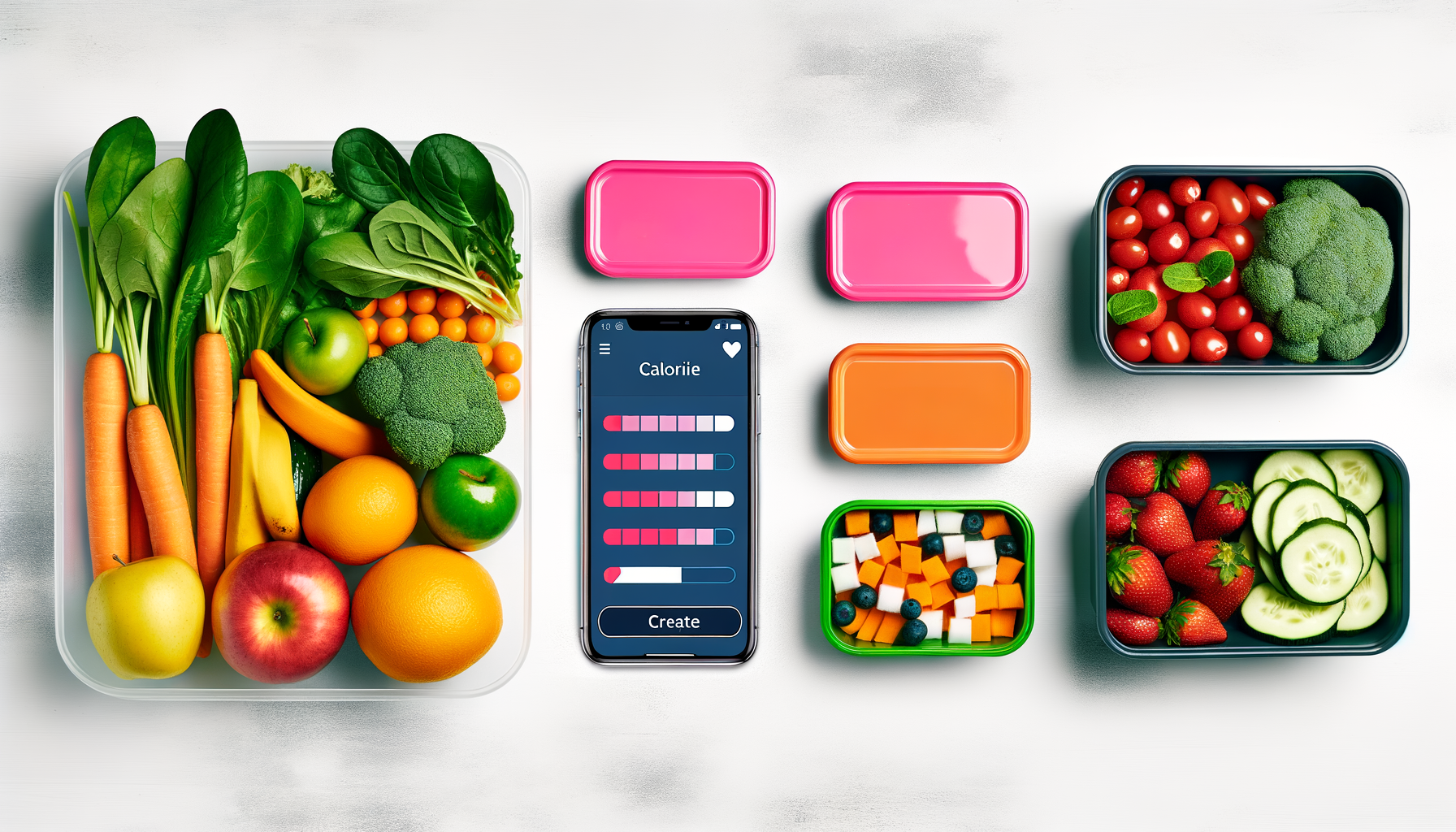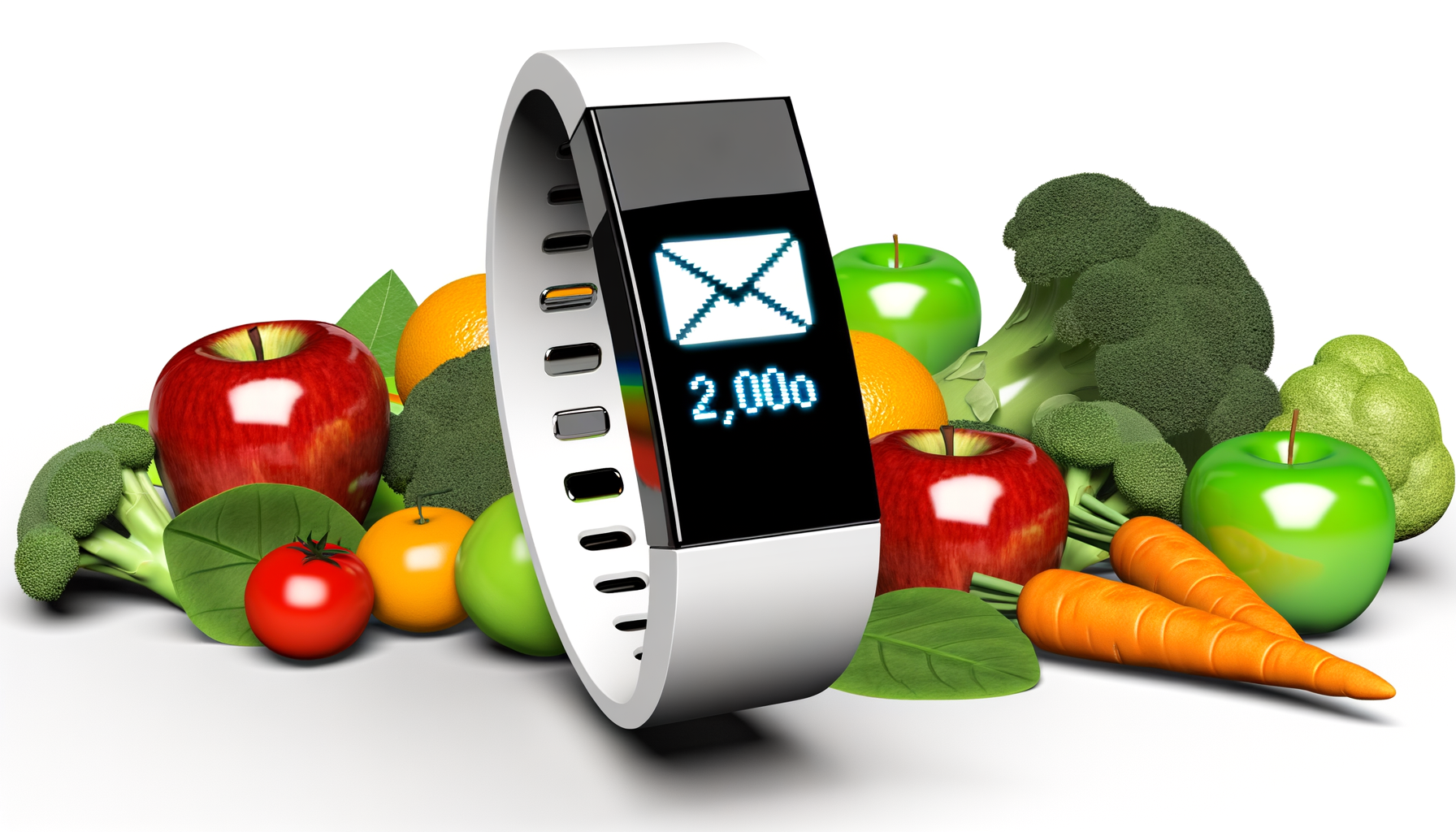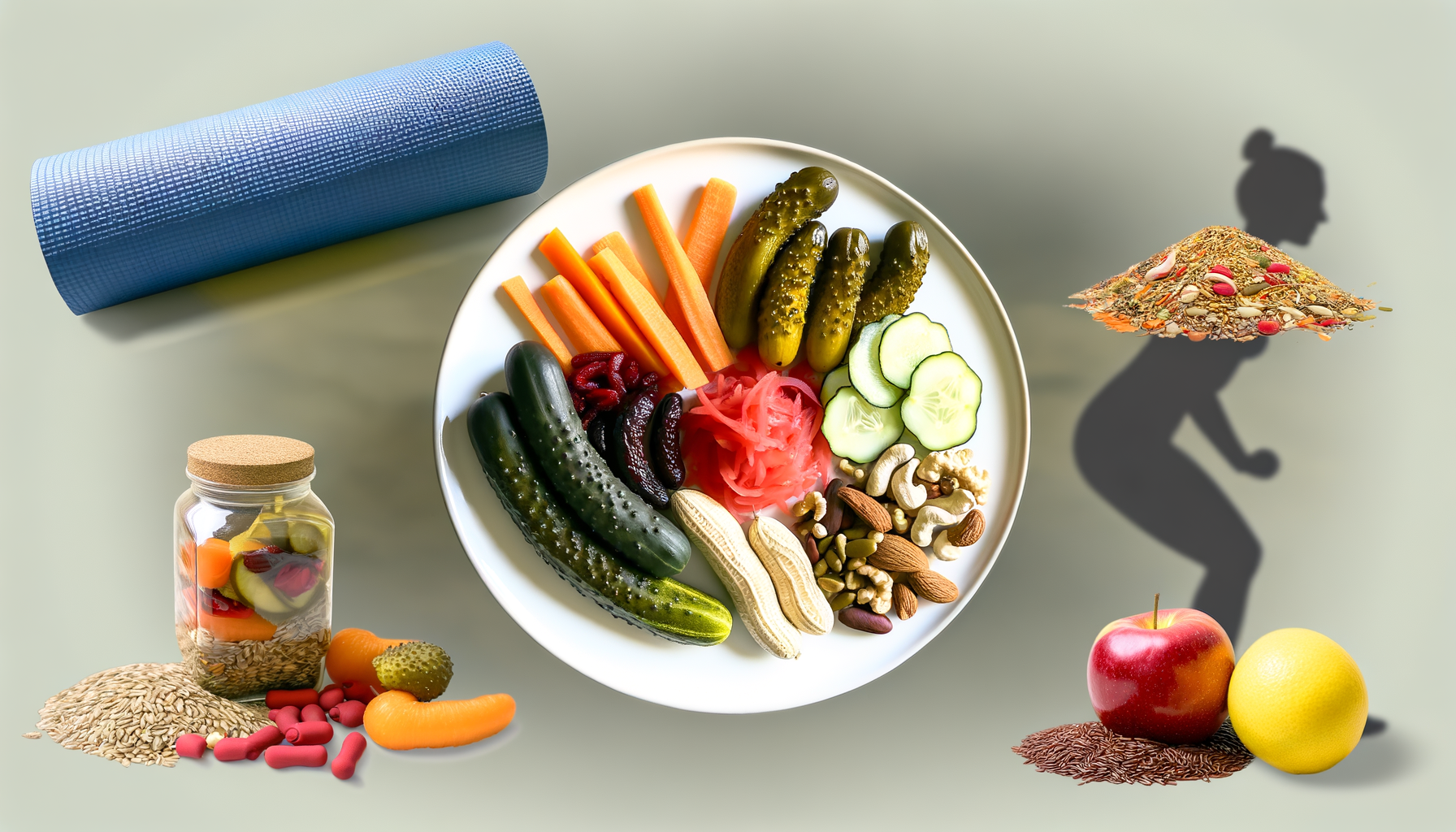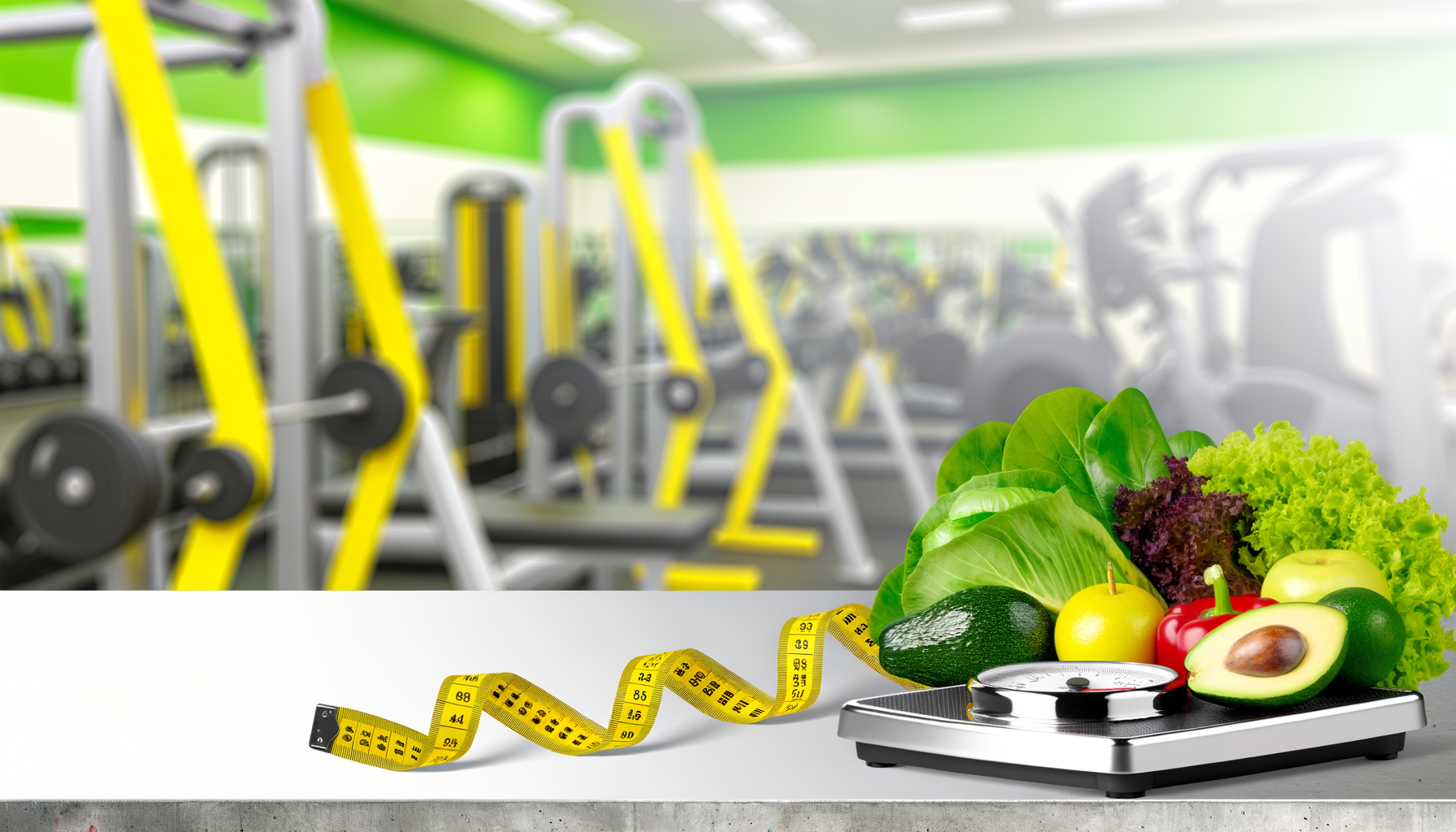Optimizing Endurance Training Nutrition with WP Calorie Calculator Pro
Optimizing nutrition for endurance sports, such as marathons, triathlons, and road cycling, is crucial for achieving peak performance and ensuring recovery. Endurance athletes require a balanced intake of carbohydrates, proteins, and fats, along with strategic hydration and supplementation strategies. In this article, we will explore how to tailor your nutrition plan using tools like the WP Calorie Calculator to enhance your endurance training.
Understanding Nutritional Needs for Endurance Sports
Endurance sports demand a high level of energy expenditure over prolonged periods. Carbohydrates are the primary fuel source for these activities, as they provide quick energy and help maintain glycogen stores. For events lasting more than 30 minutes, carbohydrate depletion and dehydration are the most common causes of fatigue. Therefore, it is essential to develop an individualized nutrition plan that includes carbohydrate loading before events and intake during races.
Carbohydrate Intake Strategies
Carbohydrate loading involves consuming 8-12 grams of carbohydrates per kilogram of body weight for 36-48 hours before an event. This strategy helps maximize glycogen stores, which are critical for maintaining energy levels during prolonged exercise. During races, athletes should consume carbohydrates at a rate of 75-90 grams per hour to maintain energy levels and delay fatigue.
Hydration and Electrolyte Balance
Hydration is equally important as nutrition for endurance athletes. The goal is to minimize dehydration by limiting body mass loss to 2-3% through sweating. Athletes should assess their pre-exercise hydration status using urine markers and adjust fluid intake based on sweat rate and environmental conditions. Including sodium in fluids is crucial to prevent hyponatremia, especially in ultra-endurance events.
Role of Protein and Fat in Endurance Training
While carbohydrates are the primary energy source, protein and fat also play significant roles in endurance training. Protein is essential for muscle repair and recovery, particularly after exercise. It helps in maintaining muscle mass and supporting muscle adaptation to training. Fat provides energy during prolonged, lower-intensity activities and is important for overall health and recovery.
Protein Intake Strategies
Endurance athletes should consume adequate protein to support muscle recovery. This can involve consuming essential amino acids, particularly branched-chain amino acids (BCAAs), to repair muscle damage and provide supplemental energy during long training sessions. Post-workout protein intake is crucial for muscle recovery and adaptation.
Supplements and Micronutrients for Endurance Athletes
Supplements can enhance endurance performance and recovery. Common supplements include caffeine, nitrates, antioxidants, and probiotics. Caffeine, for example, can increase alertness and reduce perceived effort during exercise. Micronutrients like iron, magnesium, and calcium are also vital for endurance athletes. Iron supports oxygen transport, magnesium impacts heart rate and VO2 max, and calcium is essential for bone health and neuromuscular coordination.
Case Study: Marathon Runners
A study on marathon runners highlighted the importance of high-carbohydrate diets (8-12 g/kg body weight) for improved endurance and faster recovery. The timing of carbohydrate intake, both before and during races, was critical for maintaining optimal glycogen stores and energy levels. Hydration strategies with balanced sodium and electrolyte intake were also beneficial in preventing dehydration and electrolyte imbalances.
Using Calorie Calculators for Personalized Nutrition Planning
Tools like the WP Calorie Calculator can help endurance athletes tailor their nutrition plans by accurately calculating daily calorie needs based on activity levels and goals. This is particularly useful for ensuring that athletes consume enough calories to meet their training demands without overeating, which can lead to gastrointestinal issues during races. By understanding their specific calorie requirements, athletes can optimize their intake of carbohydrates, proteins, and fats to enhance performance and recovery.
For those interested in exploring different pricing options for the WP Calorie Calculator, you can visit the WP Calorie Calculator Plans page to find a plan that suits your needs.
Practical Tips for Endurance Athletes
Here are some practical tips for endurance athletes to optimize their nutrition and hydration strategies:
- Carbohydrate Loading: Focus on consuming 8-12 grams of carbohydrates per kilogram of body weight for 36-48 hours before an event.
- Hydration: Monitor urine color to assess hydration status and adjust fluid intake based on sweat rate and environmental conditions.
- Protein Intake: Ensure adequate protein consumption after exercise to support muscle recovery.
- Supplements: Consider using caffeine and nitrates under the guidance of a sports dietitian.
- Micronutrients: Ensure adequate intake of iron, magnesium, and calcium through diet or supplements if necessary.
Conclusion and Next Steps
In conclusion, optimizing nutrition for endurance sports requires a personalized approach that includes strategic carbohydrate intake, hydration, protein consumption, and supplementation. By understanding and meeting these nutritional needs, athletes can enhance their performance, delay fatigue, and improve recovery. For those looking to refine their nutrition planning, tools like the WP Calorie Calculator can be invaluable in ensuring that calorie intake aligns with training goals. Additionally, exploring resources from reputable organizations such as the American College of Sports Medicine and the National Strength and Conditioning Association can provide further insights into sports nutrition.
For more information on how to integrate calorie tracking into your endurance training, consider exploring other resources on nutrition and performance optimization, such as articles on nutrition for endurance events and nutritional strategies for endurance athletes.











